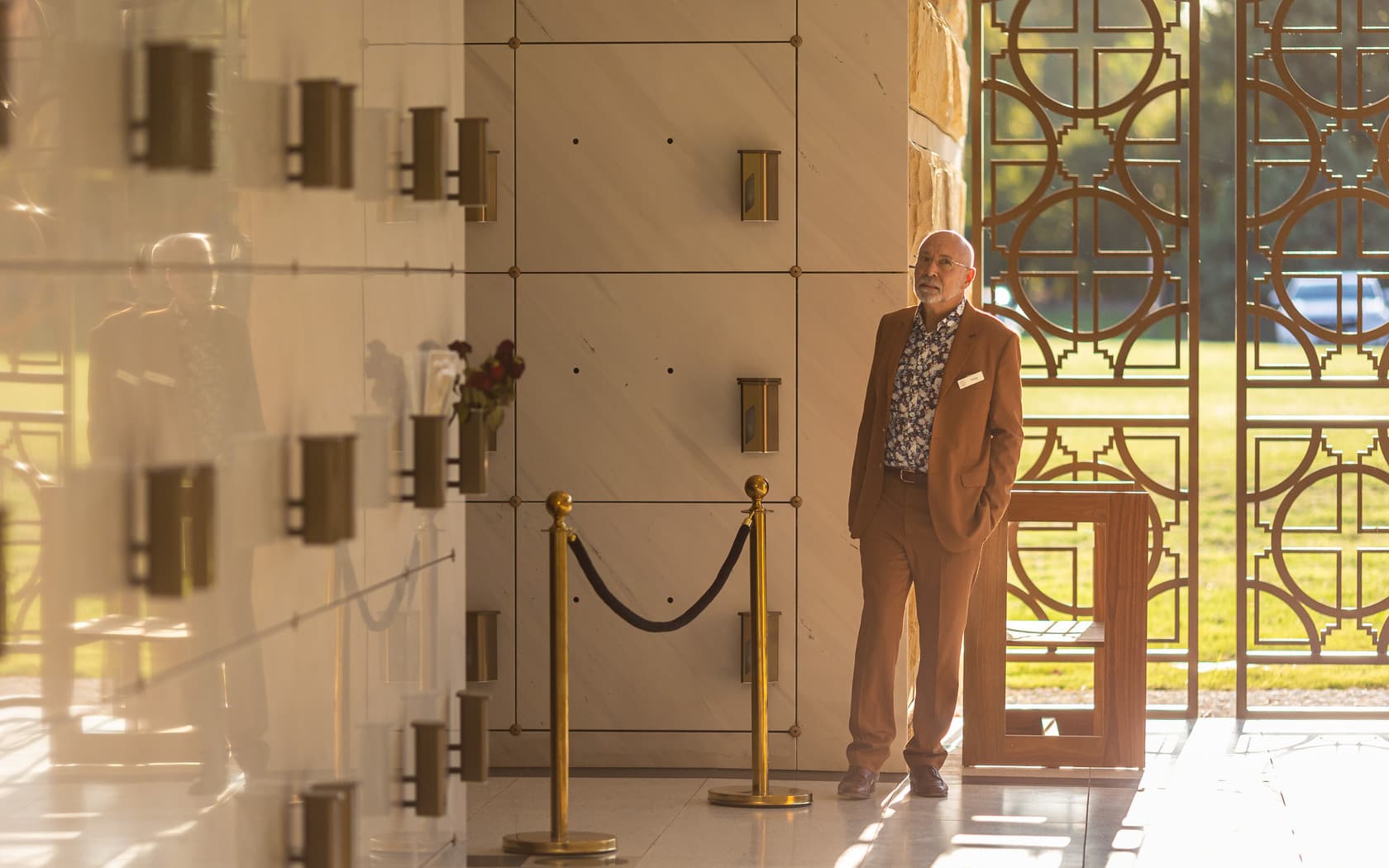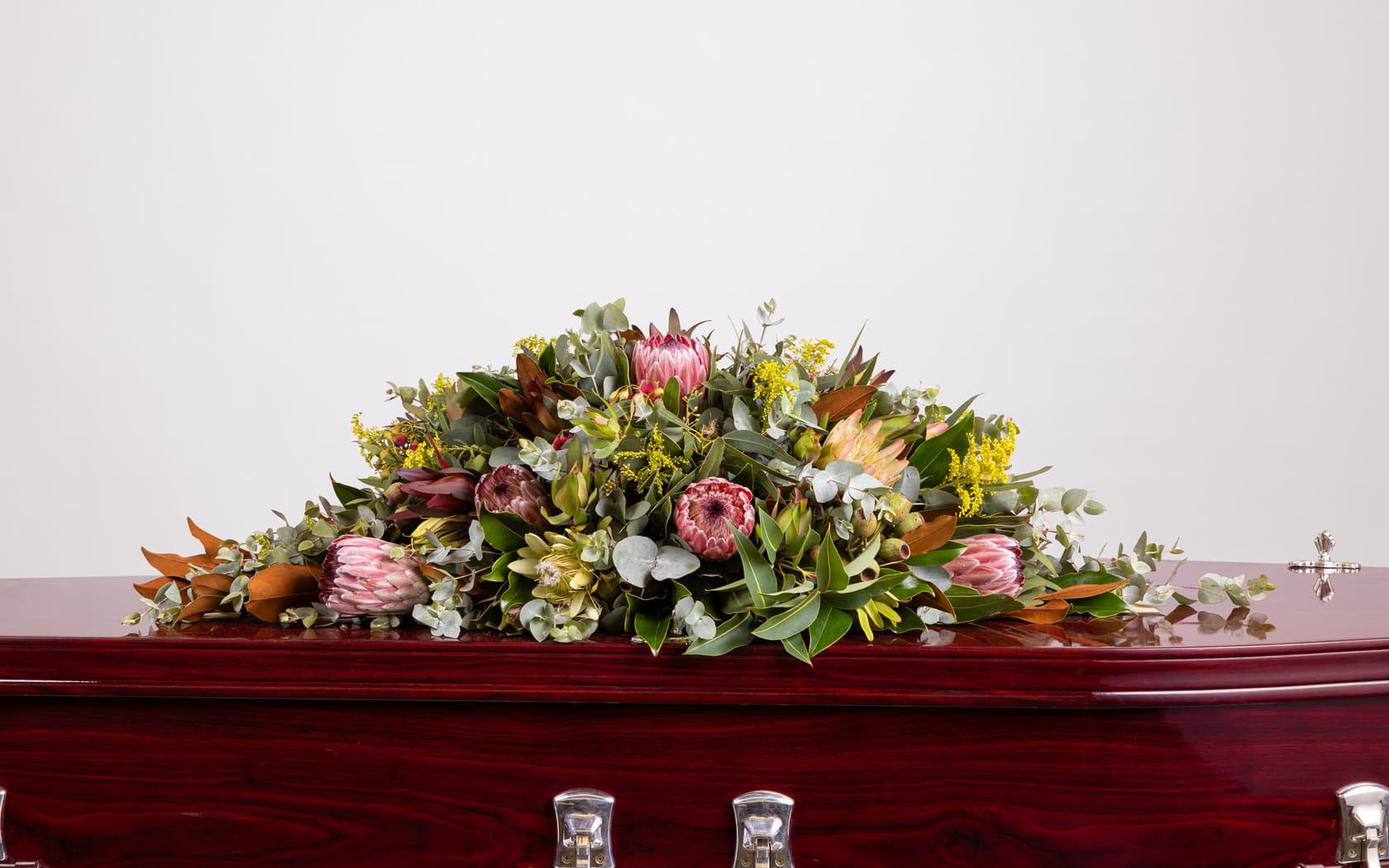Grief and clearing deceased estates
- 20 June 2017

Why it’s good to take your time
Even with a will or trust in place, clearing a deceased estate is incredibly difficult while you are grieving.
Many people feel pressured to move quickly through their grief because our culture often avoids conversations about loss. This can lead to well‑intentioned but unhelpful messages that suggest you should “move on” within a certain timeframe after a loved one dies.
Sorting through the contents of a loved one’s home is often viewed as a necessary step toward “healing,” but in reality, the opposite is frequently true. The idea that removing physical reminders will create “closure” or speed up the return to normal life can place unnecessary pressure on those who are mourning.
Taking a slower, more personal approach to grief—honouring the life of your loved one at your own pace and in ways that feel meaningful to you—supports a healthier healing process. When grief is rushed or pushed aside, the pain can become internalised, making it harder to move forward and increasing the risk of carrying that burden far longer than if it were acknowledged openly.
Gone, but ever-present
My brothers and I learnt firsthand how difficult it is to face grief the first time we walked into my mother’s house after she passed. Her life was woven into that space by all the physical things she left behind that were so specific to her, we couldn’t accept she wasn’t still a part of that ‘mumscape’ - the haven we relied on to be a comfortingly familiar antidote to the fast-paced and complicated world we lived in. So how were we supposed to clear it all out? How were we to tackle the practical need to ready her house for another occupant amid our emotional need to hold onto things that had gained sacred status overnight?
I’m having a slow mourning
You have the right to cherish and hold dear these ’linking objects’, as you would the memories of your loved one. You have the right to choose the time, manner and way in which you decide which of these linking objects you keep and which you let go. This slowing down and suspension of everyday life is not only a normal, but a healthy part of the grieving and mourning process.
My brothers and I understood that we needed to create the time and space to sort my mother’s possessions at a time when we were all ready. Here’s what I learnt during that process:
Choose a clear out partner
If you don’t want to go it alone then choose a clear out partner or team who are in synch with your feelings and will support, but not judge, your choices.
Emotions are okay
This is a difficult, painful and emotional time, and it’s okay to emote.
Keep the Will and any Trust wishes in mind
Keep any wishes or details of your loved one’s Will or Trust commitments in mind when distributing their possessions.
Take breaks
Take your time, where practical, even if it means going back a few times, as it’s easier to make these key decisions when you’re well rested and not at the end of a 16-hour marathon of sorting.
Make it personal
Making your choices personal and choosing only items that resonate with you can help with the sorting process. Most of us can’t retain all our loved one’s belonging so find the balance between saying ‘hello’ to some things and ‘goodbye’ to others by using your feelings towards these items.
Choose for yourself
Don’t choose items for others let them make their selections using their personal preferences and feelings.
Take a picture
If disagreements occur over who should take an item, ask each other what emotional importance the item has for you before deciding to contest it. If it is decided the item is going to someone else, then take a photo of it and frame that, you will still maintain the memory of that linking object even if the original is not in your possession.
Call the professionals if you need to
Enlist the services of a professional estate clearing organisation if the volume of belongings is too great to deal with.
Regardless of how you do it, it’s okay to box things and sort them in batches over a longer clear out period. It’s your ‘mourning schedule’ you need to adhere to, but don’t forget to display a few of your loved one’s linking objects as part of honouring them during your time of mourning.
What are some of your favourite objects from loved ones no longer here?
Recommended articles

A complete guide to understanding the cremation process
- 2 February 2026
Moving through cremation with support. Our guide helps you understand each step as you honour a life well-lived.

Casket flowers and funeral flower arrangements in Melbourne
Discover beautiful casket flowers, elegant casket sheaths, and personalised funeral flower arrangements in Melbourne for Springvale and Dandenong.
What to write in a Christmas card after someone has passed away
- 1 December 2025
Find compassionate Christmas card message ideas for someone grieving. Thoughtful words to offer comfort and support during the holidays.